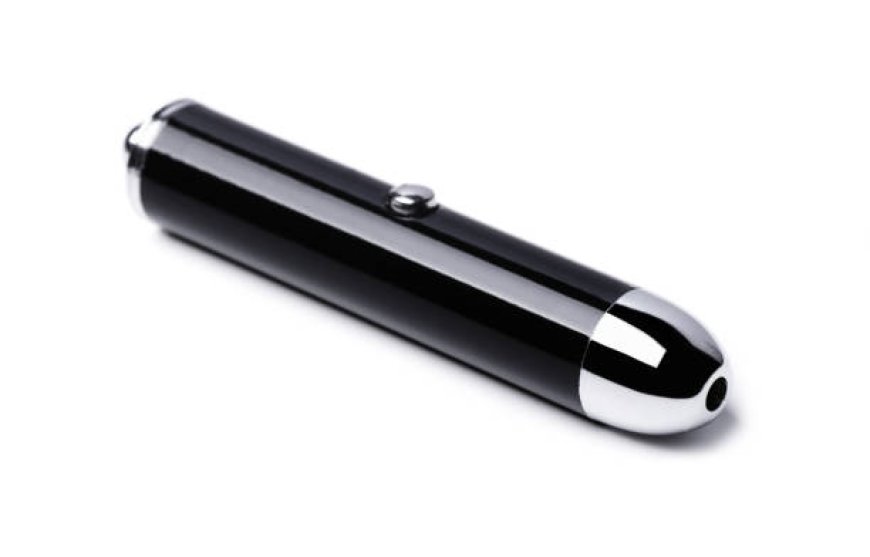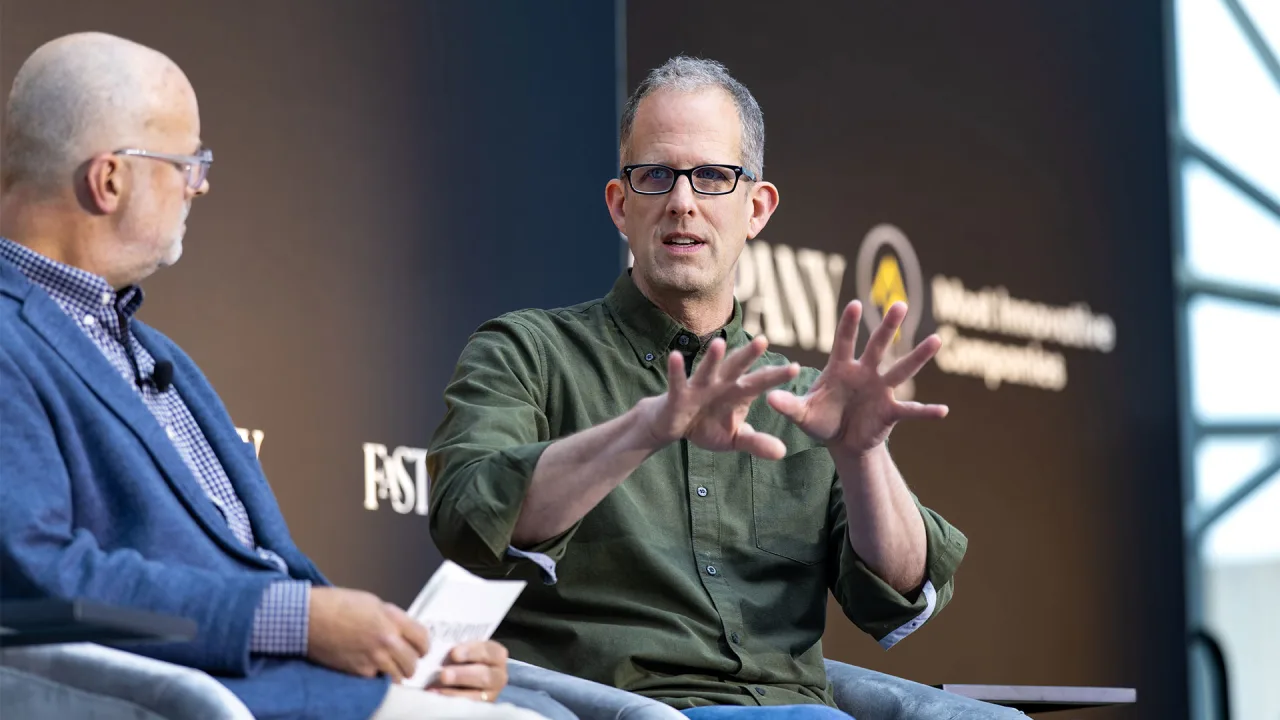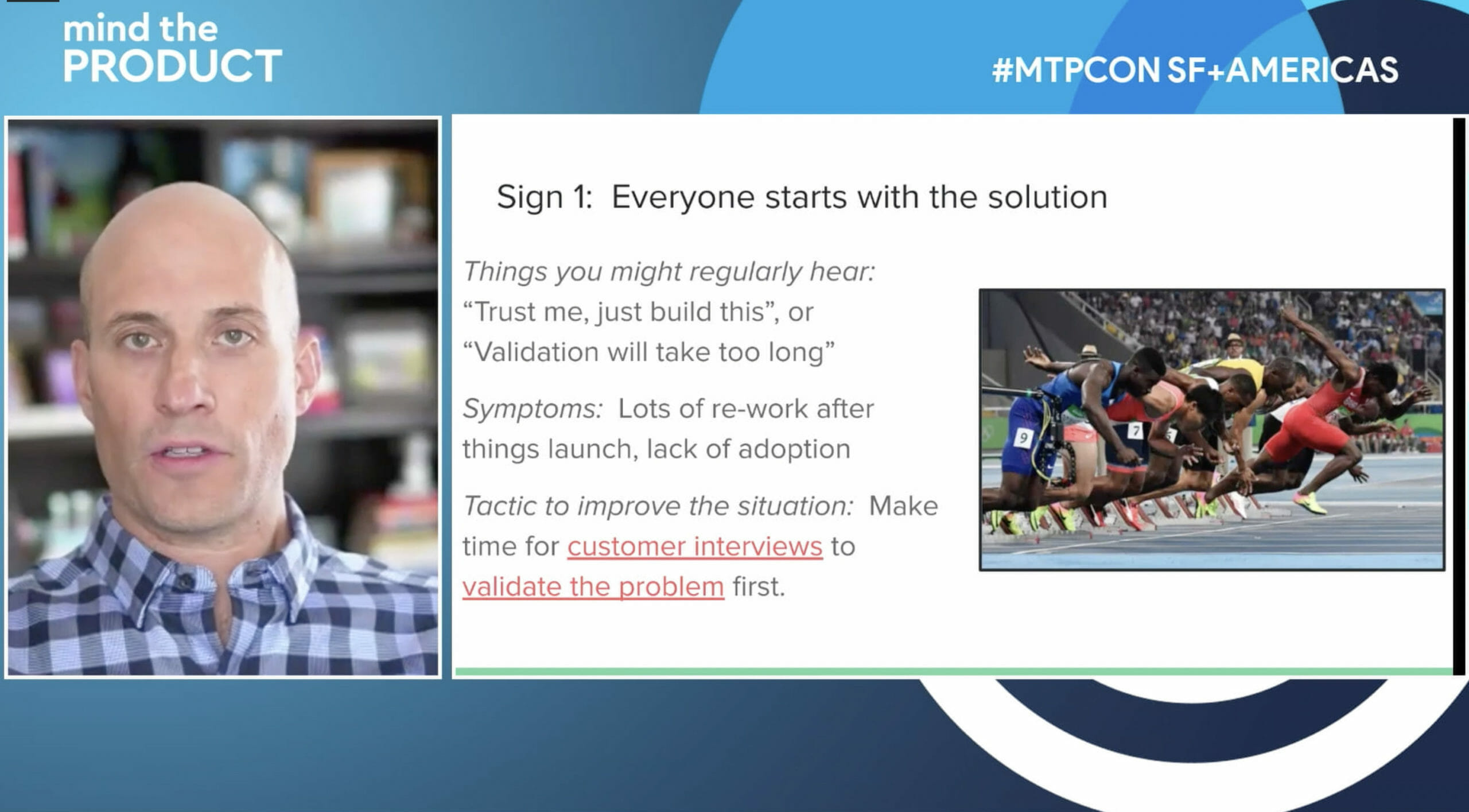The Unseen Ear: Exploring the World of Hidden Voice Recorders
Explore the versatile world of hidden voice recorders, understanding their applications, technology, and crucial ethical considerations for discreet audio capture.

In an age where information is power and security is paramount, the evolution of surveillance technology has continued to advance at an astonishing pace. Among the most intriguing and often misunderstood tools in this realm is the hidden voice recorder. Far from the bulky, conspicuous devices of yesteryear, today's hidden voice recorders are marvels of miniaturization and discretion, seamlessly blending into everyday objects while capturing crucial audio. This blog delves into the fascinating world of these discreet devices, exploring their diverse applications, the technology that powers them, and the ethical considerations that accompany their use.
The very concept of a hidden voice recorder evokes a sense of intrigue, often associated with espionage thrillers or private investigations. While these scenarios certainly represent a segment of their use, the reality is far more expansive and, in many cases, surprisingly mundane. From personal security to professional documentation, the utility of a discreet audio capture device can be invaluable. Imagine needing to remember details from a complex meeting, or perhaps document a difficult conversation. A hidden voice recorder offers an unobtrusive way to ensure accurate recall, providing an undeniable record when memory might falter.
The Versatility of Discretion: Where Hidden Voice Recorders Find Their Place
The applications for a hidden voice recorder are as varied as the devices themselves. In personal security, they can offer peace of mind, allowing individuals to record interactions in potentially threatening situations, providing crucial evidence if needed. For parents, a hidden voice recorder might be used to monitor the well-being of children with caregivers, offering reassurance or identifying potential concerns. While the ethical implications here are significant and must be carefully considered, the practical benefits for safeguarding vulnerable individuals are undeniable.
Professionally, these devices prove equally valuable. Journalists and researchers often utilize hidden voice recorders to conduct interviews, ensuring accuracy in transcription and preventing misquotation. Business professionals might employ them to record meetings, guaranteeing that all participants are on the same page regarding decisions and action items. In legal settings, the use of a hidden voice recorder can be critical for documenting conversations that may later serve as evidence, though strict legal guidelines often dictate their admissibility. The key differentiator for a hidden voice recorder in these scenarios is its ability to operate unnoticed, preventing the subject from altering their behavior due to the presence of a recording device. This discreet nature is often what makes them so effective in capturing candid and unfiltered interactions.
The Engineering Behind the Inconspicuous: How Hidden Voice Recorders Work
The technological advancements in the field of miniaturization have truly revolutionized the capabilities of the modern hidden voice recorder. Gone are the days of clunky tape recorders; today's devices are often no larger than a USB drive, a button, or even integrated into seemingly ordinary objects like pens, key fobs, or power banks. This incredible shrinking of components has been coupled with significant improvements in audio quality and battery life.
At their core, hidden voice recorders utilize miniature microphones that are highly sensitive, capable of picking up sound from a considerable distance while minimizing background noise. The recorded audio is then typically stored on internal flash memory, often with capacities ranging from several gigabytes to tens of gigabytes, allowing for hours, if not days, of continuous recording. Many advanced models feature voice activation, which means the device only records when sound is detected, conserving battery life and storage space. Some even boast long standby times, extending their operational period significantly. Connectivity has also evolved, with many hidden voice recorders offering USB ports for easy data transfer to a computer, and some even incorporating Wi-Fi or Bluetooth for remote access and real-time monitoring, further enhancing their covert capabilities. The sophistication of these devices is a testament to ongoing innovation in microelectronics.
Navigating the Ethical Maze: Responsible Use of a Hidden Voice Recorder
While the utility of a hidden voice recorder is clear, its use is inherently fraught with ethical and legal complexities. The act of secretly recording someone raises significant privacy concerns, and the legality of doing so varies widely depending on jurisdiction. In many places, "one-party consent" laws permit recording a conversation as long as at least one party to the conversation (i.e., the recorder) is aware of and consents to the recording. However, "two-party consent" laws require all parties to a conversation to consent to being recorded. It is absolutely crucial to understand and adhere to the laws in your specific location before deploying a hidden voice recorder. Ignoring these legal frameworks can lead to severe penalties, including fines and even imprisonment.
Beyond legality, there are profound ethical considerations. While a hidden voice recorder can be a powerful tool for truth and accountability, its misuse can lead to breaches of trust, reputational damage, and even emotional distress. The decision to record someone without their knowledge should never be taken lightly. It requires careful consideration of the potential impact on relationships, the justification for the recording, and whether alternative, more transparent methods of documentation are available. Transparency, whenever possible, should always be prioritized. The power of a hidden voice recorder demands a strong sense of ethical responsibility from its user, ensuring that its deployment serves a legitimate and justifiable purpose without infringing unnecessarily on the privacy of others. This is a technology that, while offering significant benefits, also carries substantial responsibility.
The Future of Discreet Audio Capture
As technology continues its relentless march forward, the capabilities of the hidden voice recorder are only set to expand. We can anticipate even smaller form factors, longer battery life, and enhanced audio clarity. Integration with artificial intelligence could lead to features like automatic transcription, speaker identification, and even sentiment analysis, further augmenting their utility. However, with these advancements will come an even greater need for public discourse and clear legal frameworks to ensure responsible and ethical use. The unseen ear will continue to evolve, offering new possibilities while simultaneously challenging our understanding of privacy and accountability in an increasingly connected world.








































































![https //g.co/recover for help [1-866-719-1006]](https://newsquo.com/uploads/images/202506/image_430x256_684949454da3e.jpg)
























![[PATREON EXCLUSIVE] The Power of No: How to Say It, Mean It, and Lead with It](https://tpgblog.com/wp-content/uploads/2025/06/just-say-no.jpg?#)





















































